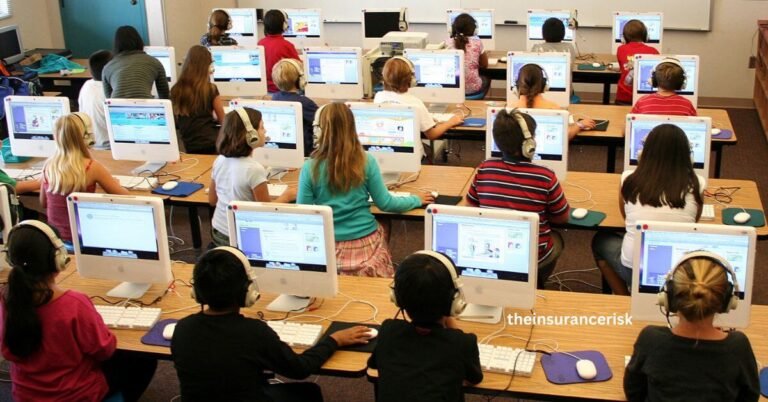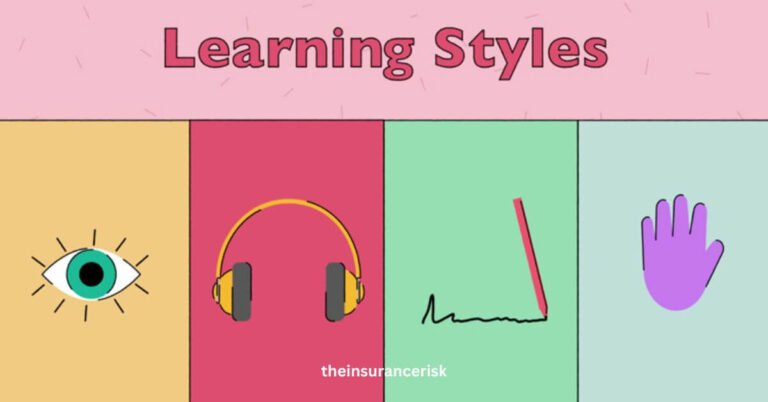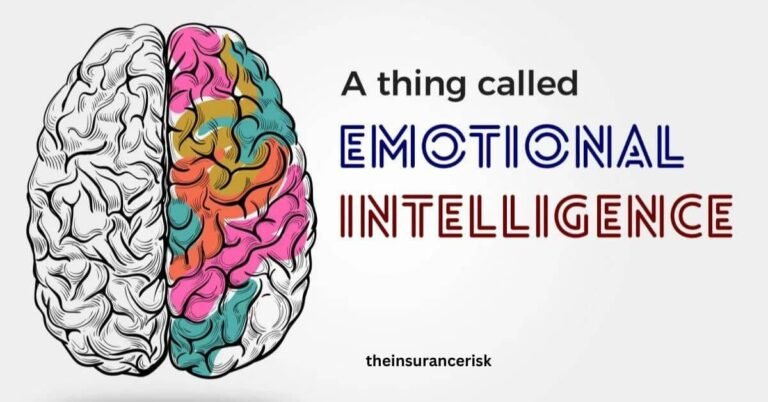Importance of STEM Education in Today’s World
STEM education, covering science, technology, engineering, and math, is essential nowadays. It helps students prepare for careers in these fields and teaches them skills they need for the 21st century. STEM education is all about finding creative ways to solve real problems. It’s different from regular learning because it combines different subjects and links them to real life. STEM education isn’t just about learning in the classroom; it’s also about developing critical thinking skills. It promotes research, problem-solving, critical thinking, and creativity, all essential for success in today’s world, no matter what job you’re aiming for.
STEM Education Goals
Job Opportunities
The main reason for supporting STEM education is its importance in the job market. According to the U.S. Bureau of Labor Statistics, STEM jobs have increased by 79% in the last thirty years. With technologies like Artificial Intelligence, Machine Learning, and Big Data rising, the need for STEM skills will only increase. Many young people worldwide are excited about getting into the latest tech advancements. The number of STEM graduates globally is expected to jump from 2 million in 2019 to 10 million by 2025, while the demand for STEM skills will increase by 50% by 2025. Globally, STEM graduates significantly impact the workforce, and there’s a growing demand for STEM jobs. Governments are investing more in STEM education to meet this growing need for these skills.
Thinking Smarter with STEM
Furthermore, STEM education isn’t only helpful for people interested in STEM jobs. It focuses on logical thinking and problem-solving, valuable skills for any job. STEM classes encourage students to think deeply and develop their solutions. As a result, students who receive a solid STEM education are ready to be future innovators.
Cooperation in STEM Classes
Teamwork is essential for success, even though people often don’t consider it much. In today’s world, working together is crucial, especially when you’re dealing with different people. STEM classes usually give students more chances to work in teams than other subjects. Whether doing a science experiment together or working on an engineering project, they learn valuable teamwork and social skills that will help them in the future.
Building project management skills through STEM.
In STEM classes, particularly those centered on technology and engineering, students often do hands-on projects. They might build robots, engines, or computer programs, which involves following many steps over several days. STEM education teaches students to manage their time and break big projects into smaller tasks. This skill is helpful for their future, whether they’re working on projects in an office or doing home renovations.
The increasing significance of technology skills.
The pandemic has highlighted the importance of technology. Many people are using apps like Zoom and Slack to keep in touch with loved ones and coworkers. That’s why teaching students about technology is super important. Many people and workplaces will still use these new tech tools after the pandemic. By learning STEM now, students will be prepared for 2023 and beyond.
You are making the world a better place.
We need STEM experts to discover cures for diseases, develop new antibiotics, analyze big data, combat global hunger, and solve many real-world problems. STEM education can also offer solutions to issues caused by depleting natural resources. STEM skills can make a positive difference by promoting sustainable practices and tackling global problems like climate change.
We are reducing the inequality between genders.
Furthermore, if you observe closely, you’ll see the widespread problem of gender inequality. In India, the rate of women joining the workforce has dropped over the last twenty years, decreasing from 32% in 2005 to 19% in 2021. There are various reasons for this decline, including limited opportunities for girls and deep-seated gender bias. However, by offering more STEM opportunities for girls beginning from school, we can slowly close the gender gap.
STEM Education Elements
We are acquiring knowledge by solving problems.
Furthermore, in this approach to learning, students collect data, analyze it, and then develop scientific explanations. They also identify problems that require further investigation. Moreover, they create prototypes to solve these problems and ultimately discover the best solutions. Through this method, students utilize math and technology to address real-world issues.
Intensive Learning
In-depth learning means using teaching methods that encourage students to challenge their assumptions and think deeply about what they’re learning. It pushes them to grasp concepts instead of just memorizing facts for tests.
Skills for careers, technology, and everyday life.
This approach focuses on making students good at the subjects they’re learning. It strongly emphasizes learning through engaging projects, internships, and practical hands-on experiences.
. The aim is to help students develop critical thinking, collaboration, communication, and creativity skills.
STEM education is essential in the education sector for several reasons. It sparks curiosity in students, promotes critical thinking, and helps with logical reasoning. It also empowers students to become future leaders and decision-makers. Students learn essential skills and professionalism starting from early education.
STEM Education offers many advantages. It helps develop transformative skills, meets the needs of the global workplace, and gives students an edge over those with traditional education. It fosters innovations in STEM fields and cultivates leadership skills.
Importance of STEM for Non-STEM Roles
STEM education goes beyond classrooms and isn’t just for STEM careers. Scientific, technological, and mathematical knowledge is essential in many professions today, like journalism, museum curation, and community outreach.
Math education is crucial for managing finances in any job. In today’s digital world, technology skills are necessary for all kinds of work. Knowing how to use computers is helpful, even if you’re in humanities or the arts.
Boosting STEM Participation
Statistics indicate over a million job openings in the STEM industry. However, only 16% of college students graduate in STEM fields or subjects.
The demand for STEM jobs tripled from 2000 to 2010 and continues to rise, with new fields and professions emerging regularly. With the advent of artificial intelligence, there are now millions of unfilled jobs. STEM is crucial for future careers and needs more participants.
It’s important to understand that IT professions encompass more than just computer science and data mining. In today’s competitive job market, individuals with robust mathematics and science backgrounds enjoy enhanced employment prospects.
For example, this knowledge and skill set are essential for securing IT jobs in places like Silicon Valley. That’s why we should pay attention to the value of math or science and focus solely on technology or engineering. Instead, we should prioritize learning all STEM fields together and consider them equally important.
Impact of STEM Education on Society
Social Awareness
STEM skills are sought after nowadays because STEM education helps students make wise choices in these fields. Understanding STEM is essential for many jobs because many industries are linked to science and technology, from universities to paper companies. Offering this education helps kids become involved citizens who can join STEM conversations with a good grasp of the topic.
Creating Sustainable Solutions
STEM Education emphasizes addressing present societal problems, such as the depletion of natural resources and environmental challenges stemming from a lack of awareness. These issues significantly impact the health and well-being of all living organisms. Thus, safeguarding the environment is paramount today, making sustainability a central focus of STEM studies.
Advancing Innovation
Moreover, Miko 3 is the newest product from Miko, a global technology company known for its intelligent robot. Since 2015, Miko has been helping children learn through innovative products. Miko 3 is specifically designed for kids aged 5 to 10, providing age-appropriate content on various STEM topics to enhance their learning experience.
Speaking about the launch, Sneh R. Vaswani, Co-Founder & CEO of Miko, stated, “Following the success of Miko 2, we’re thrilled to introduce Miko 3 to families across India. It’s our most advanced and emotionally intelligent robot yet. With our AI-powered robot, our goal is to introduce technology in a positive light, enhancing the enjoyment and engagement of childhood experiences.
Conclusion
To sum up, STEM Education is vital for equipping individuals to excel in the modern world. It gives students crucial abilities such as critical thinking, problem-solving, and creativity, which prepare them for success in their future pursuits.






